WOW Festival Bus arrives in Bradford
5 monthsIn an effort to inspire the next generation of young people, WOW – Women of the World brought the WOW Girls Festival Bus to Bradford this Wednesday.
In recognition of International Women’s Day 2024 on Friday 8th March, we interviewed 3 inspiring women in the College who share their views on the campaign theme for this year which is #InspireInclusion.
International Women’s Day was first celebrated in 1911, in Austria, Denmark, Germany and Switzerland. 113 years later. It is a day to recognise how far women have come in society, politics and economics around the world.
When we inspire others to understand and value women’s inclusion, we forge a better world.
(IWD, 2024).
We asked Alina Khan, Vice Principal of EDI and Students Experience, Ruth Buxton-Cook (Student Engagement Coordinator) and Zainab Data (Course Representative for Progression to Learning and Work) their perspectives of inclusivity at Bradford College and what it means to them, and here’s what they told us:
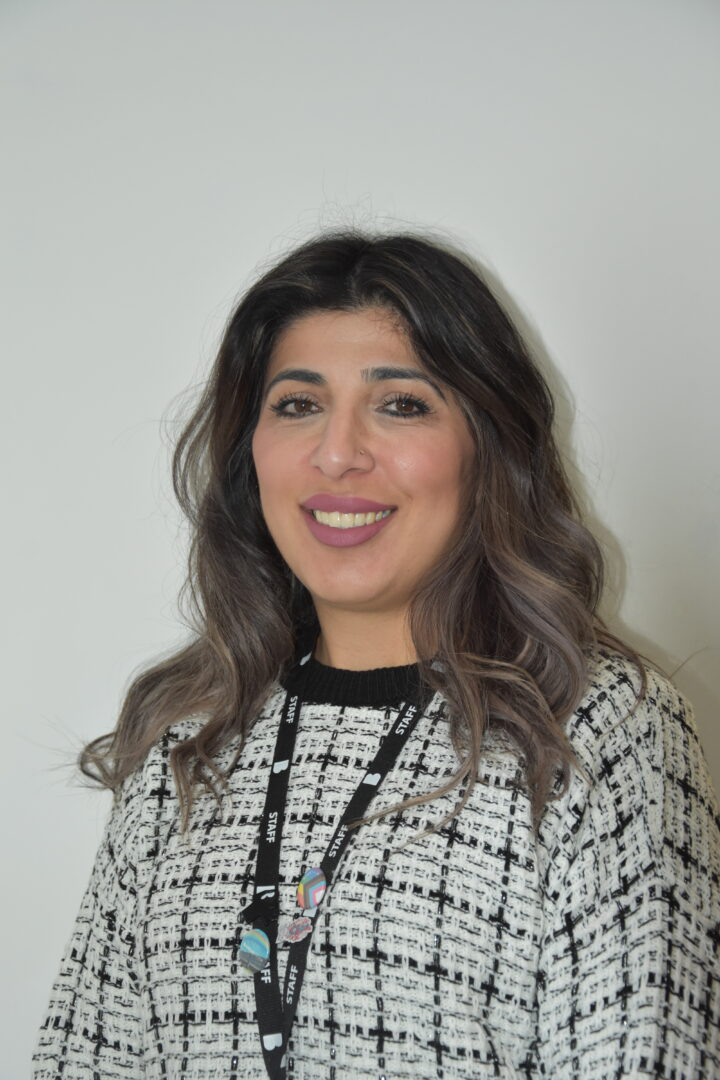
Vice Principal – Equality, Diversity and Inclusion (EDI) and Student Experience
(AK)
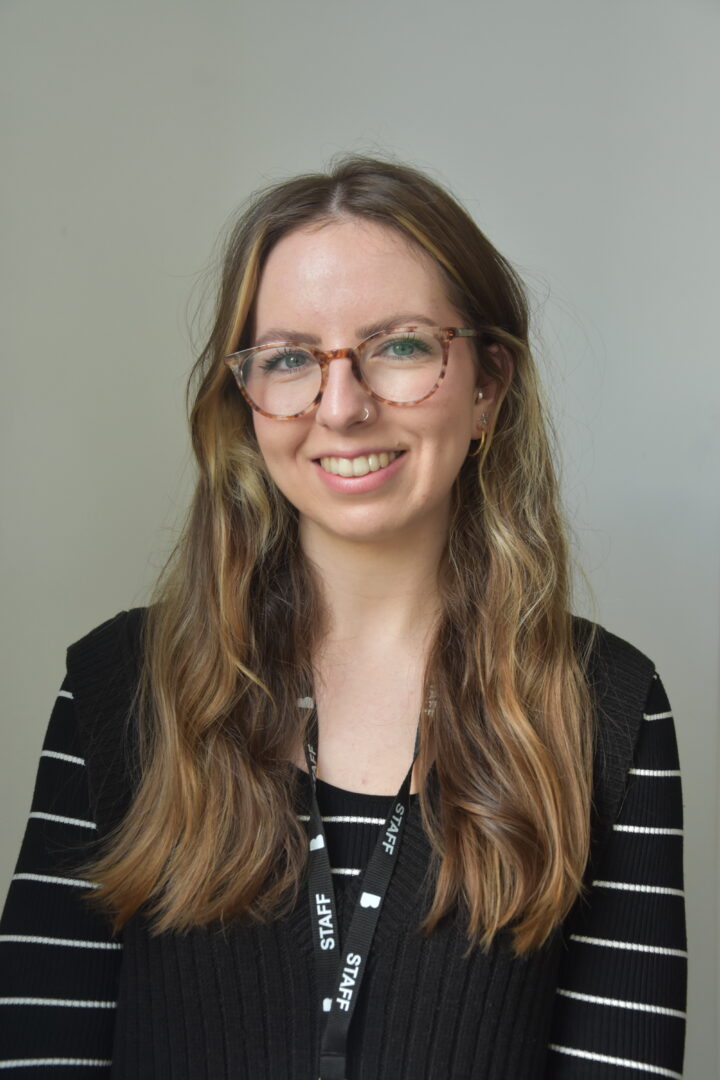
Student Engagement Coordinator
(RBC)
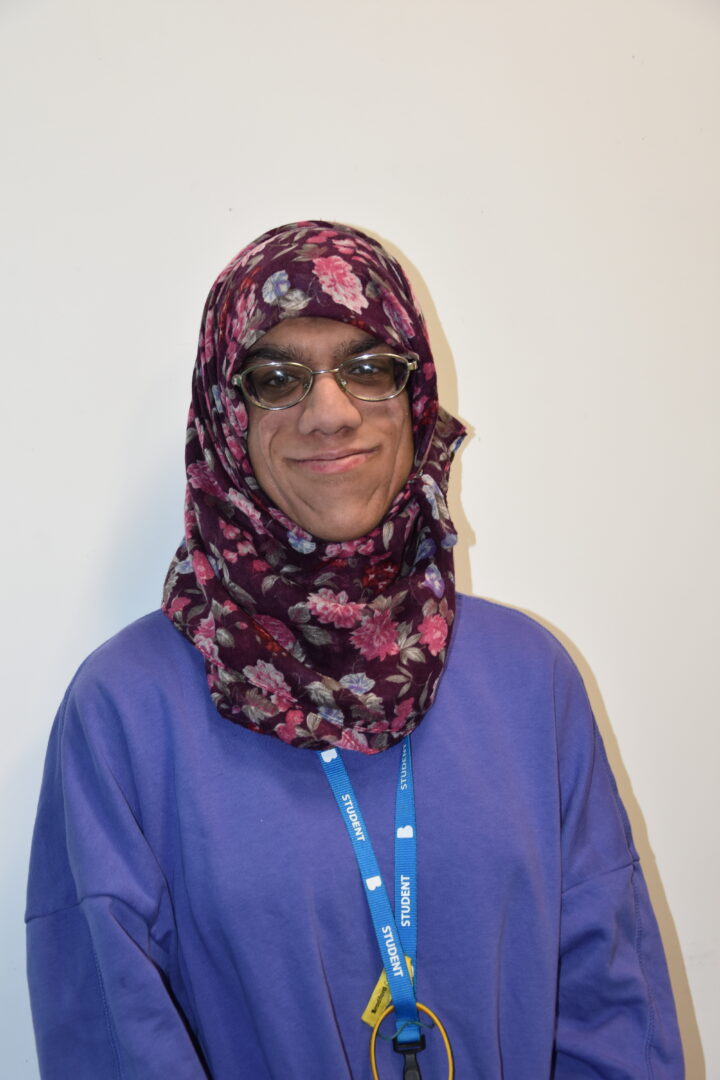
Course Representative for Progression to Learning and Work
(ZD)
AK: “For me, it’s about recognition of female talent and an opportunity to celebrate women and their contributions to working life as well as to home life.”
We often forget how much responsibility women take on in society, and International Women’s Day is a nice time to reflect on their contributions.”
RBC: “IWD gives me a strong sense of pride as it is a day to celebrate women.”
“I feel incredibly proud to be a woman, especially a woman showing progression, compassion and empathy in a student service role.”
ZD: “This is a day to celebrate all women and how far they’ve come and to inspire other women to start following their dreams too.”
AK: “I always use a quote that’s written in a book by a lady called Liz Fossielen, which is ‘Diversity is having people around the table, inclusivity is about having your voice heard when you’re sat at that table, and equality refers to people around you listening and taking notes.
“Inclusivity is about having that seat, being that female minority representative on the Executive Board at a college, but also having that voice of influence and voice of credibility.”
RBC: “In my previous role as a teacher, inclusivity was the utmost importance to me as it is now. No matter who you are, you should be able to take up any opportunity that comes your way and be supported with that.”
ZD: ” To me, Inclusivity means to work together and to treat everyone as equals regardless of their faith, belief and background.”
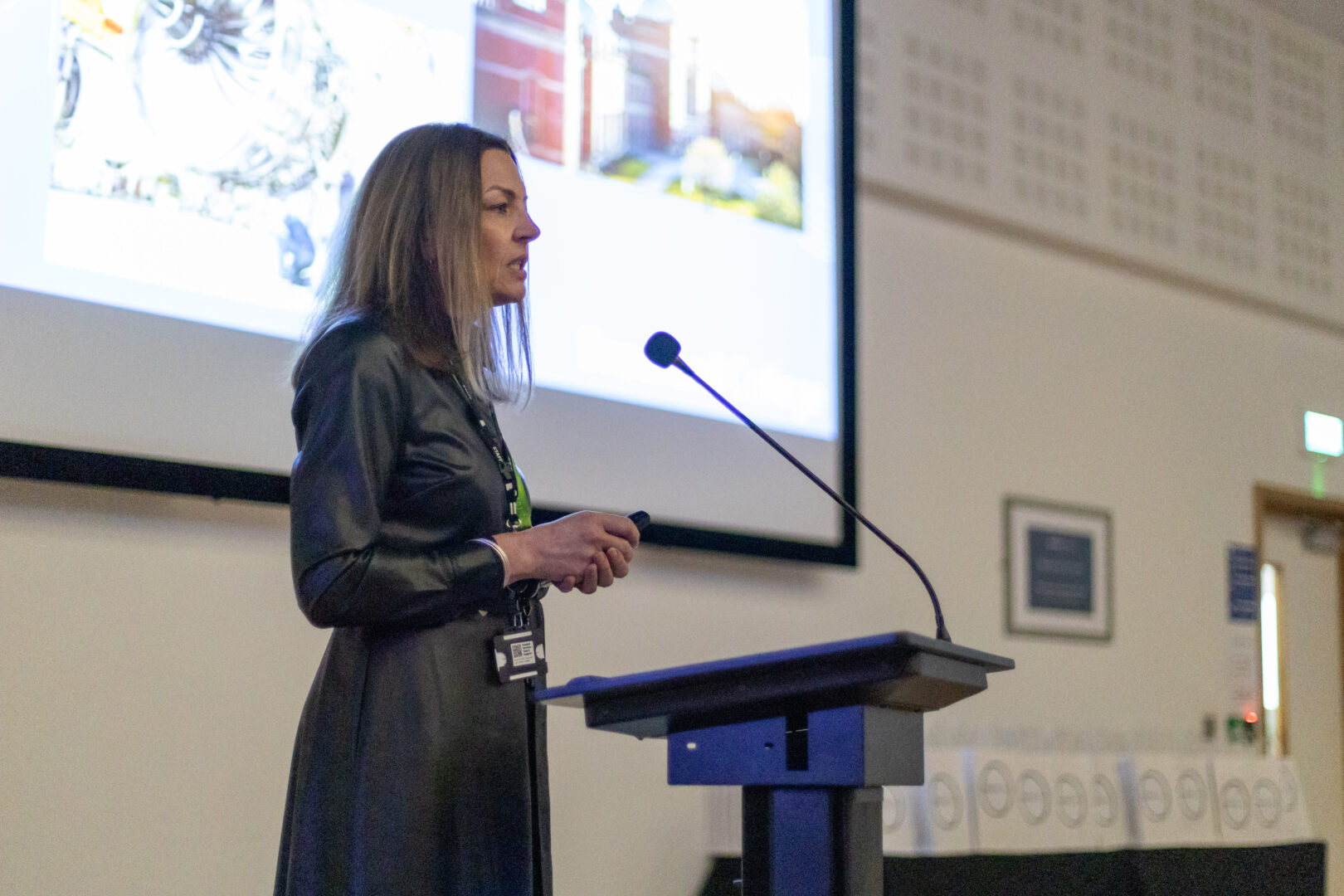
AK: “A lot of work has been done by our HR team led by Dr Sarah Cooper, our Director of People Services, particularly with things like family friendly policies. This meant reviewing our maternity policies, flexible working and hybrid working arrangements. We’re also looking at our adoption and leave policies, as well as paternity policies.”
“We do a lot of work around staff voice, particularly through our trade union representatives. We also do a lot with the EDI committee, ensuring the environment is purposeful and meets the needs of all.”
“Students have amazing mechanisms to have their student voices heard, which comes through the Course Representative system.”
RBC: “Inclusivity is very high up on the agenda as it’s one of the strategic objectives for the College”
“We’re giving female students new opportunities like female football and female boxing and trying to be big on self defence. We strive to encourage and promote equal opportunities amongst the students.
“I supported the launch of the LGBTQ Plus club, which welcomes all identities and genders and offers students a chance to feel safe and create friendships.”
ZD: “The College has really good enrichment opportunities like female mixed martial arts (MMA) and swimming sessions, and I want to encourage more women who are scared, to go forward and try them out.”
AK: “We know that our staff are quite reluctant to share equality data with us. I think there’s a suspicion of ‘What are you going to do with the information if I tell you I have a disability or my sexual orientation.”
“I think we could do better about communicating to staff why we ask these questions, what we do with that data and reiterate how confidential that data is”
That data is used to develop strategies to attract candidates from different groups where we have gaps and to allow the development of good career opportunities and development programmes within the organisation. We can also build robust policies and procedures to ensure equity for all.
“I worked with our HR department and curriculum teams to see where we were represented by less than 10% of female staff. Unsurprisingly, the departments that were underrepresented were Construction and Engineering, our IT department, and our Information Services department.”
“We are targeting female applicants through positive action recruitment which means that if female applicants meet all essential criteria for that that post, all will get shortlisted and be invited for interview.”
RBC: “Maybe a bit more promotion of gender inclusivity. More displays, celebration days and more recognition and praise for students of all genders and identities.
ZD: “Every now and then, I feel like we should hold events where groups of women can come together and share their life stories and experiences.”
AK: “I think the biggest challenges are around sexual harassment and underreporting of hate crimes. This is a regional issue which our Mayor Tracy Brabin is working on for the safety of women.”
“The underrepresentation of female staff and students in some curriculum areas, which is not just a challenge we’re facing, it’s a sector challenge. We must ensure students have the right role models.”
RBC: “From what I’ve seen, students care a lot about their appearance and popularity and might feel uncomfortable breaking from the norm and trying something new. They might be worried about being bullied or losing friends. These challenges could also arise from student’s experiences at school prior or at home.
“Lots of students come from deprived backgrounds and the College actively supports these students through things like bursaries, which is brilliant.”
ZD: “I know there are students that feel left out because they have a certain disability, or use wheelchairs, or they’re visually impaired. I believe we should try and find activities that are accessible for everyone.
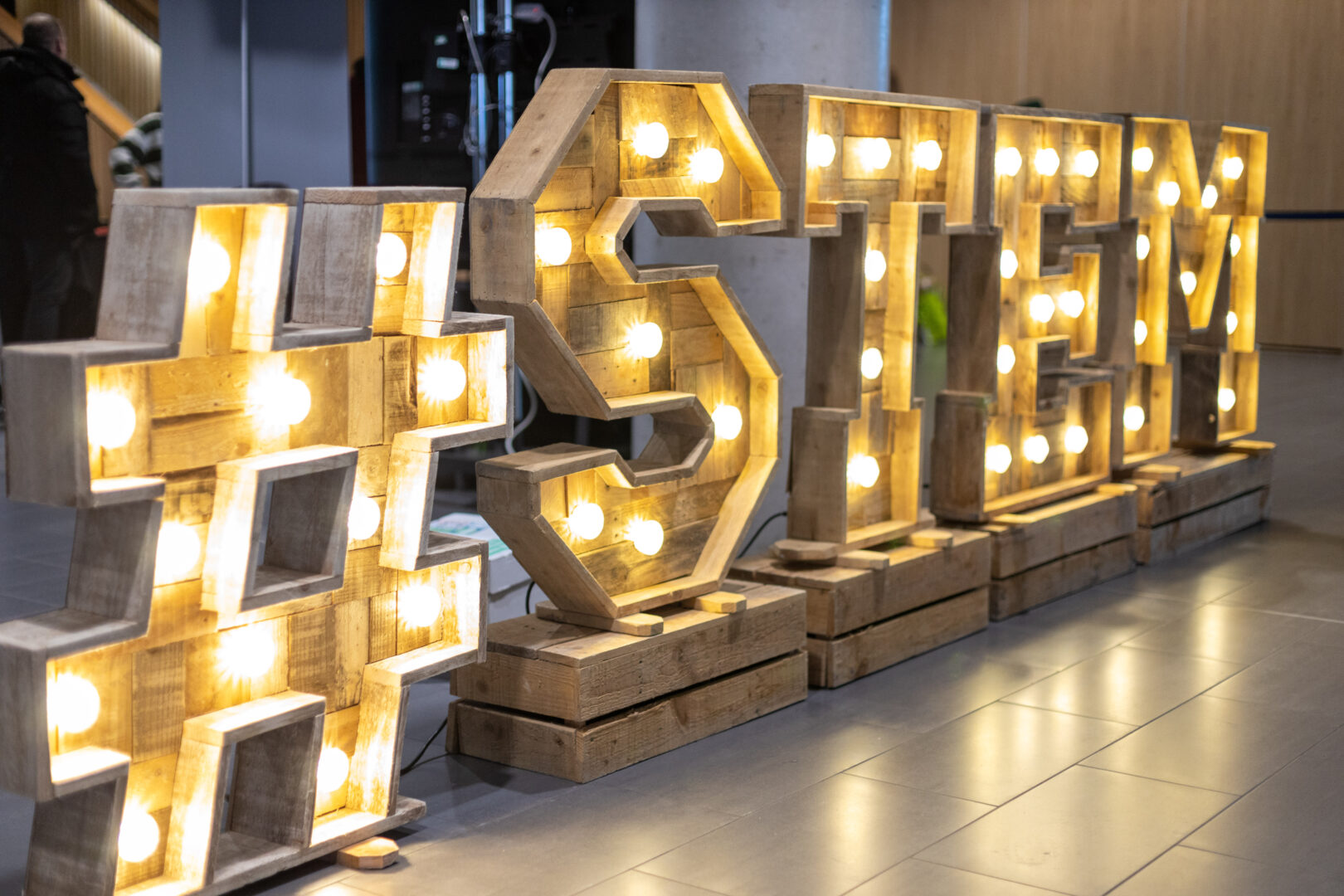
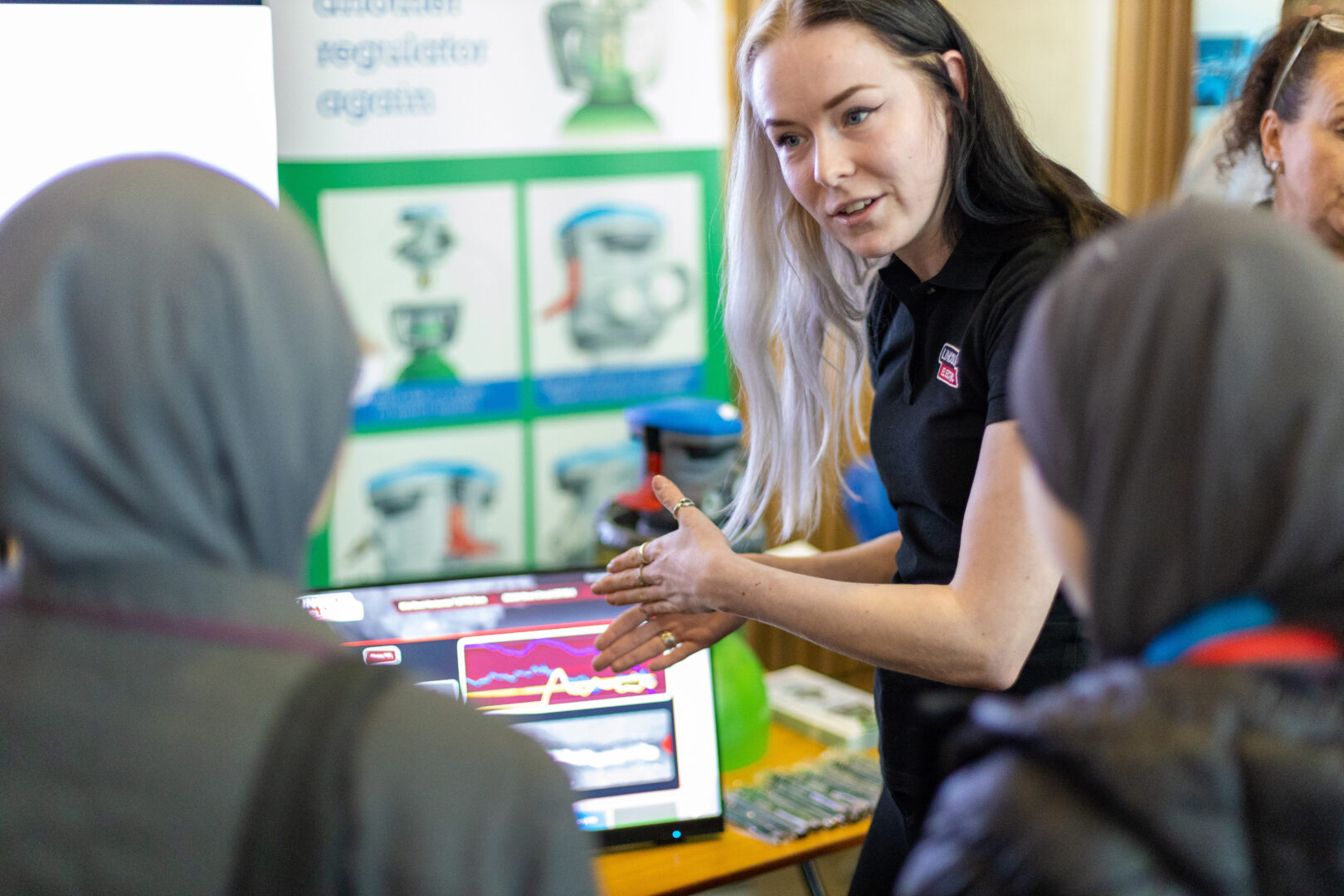
AK: “I think the College plays a key role as we’re an education provider and our primary role is to educate our students and prepare them for life in the real world.”
“We provide non-perishable skills such as building the resilience, the confidence, raising aspirations and providing the right information and guidance to help the students develop.”
“90 plus percent of our students come from a three-four kilometre radius from the campus so we need to make sure our Personal Development Tutorial Programme really hits the spot. We can do this by working closely with partners like the police, the local authority and youth justice coordinators.”
RBC: “The College does well in helping staff gain useful skills to support students better such as mental health first aiders and well-being champions.”
“The Personal Development & Student Engagement team help the students discover new interests and talents by planning a variety of different activities.”
“The college also offers lots of work experience and employment opportunities.”
ZD: “The College could raise more awareness on different diseases and disabilities and how we could communicate with Special Educational Needs and Disability students differently. This could be via sign language or touch cues or picture symbols. We could also offer forms of enrichment that are more accessible to SEND students.”
The safeguarding team offers lots of support, especially with mental health. My team have also offered Locala sexual health support to many students.
It’s wonderful that there’s free sanitary products in all the toilets too. I’ve never seen that before but it’s such an important thing.
(Ruth Buxton-Cook)
AK: “We have worked with Mission 44 which is a charity founded by Sir Lewis Hamilton to empower young females and open doors to careers within STEM (Science, Technology, Engineering, Maths).”
“We are also working in partnership with the University of Bradford and the WOW Team who are the Women of the World Festival. They are bringing their bus and 50 mentors for a speed mentoring session for 50 of our female students.”
“There has been lots of STEM activities during the Women In STEM College campaign including the STEM Dinner which was catered for by a female chef that came from a science background – these little nuggets that help change your thinking.”
“Under the wellbeing umbrella, we have held menopause awareness sessions with the Learning & Development team and put support in place for those going through it or those who expect to.”
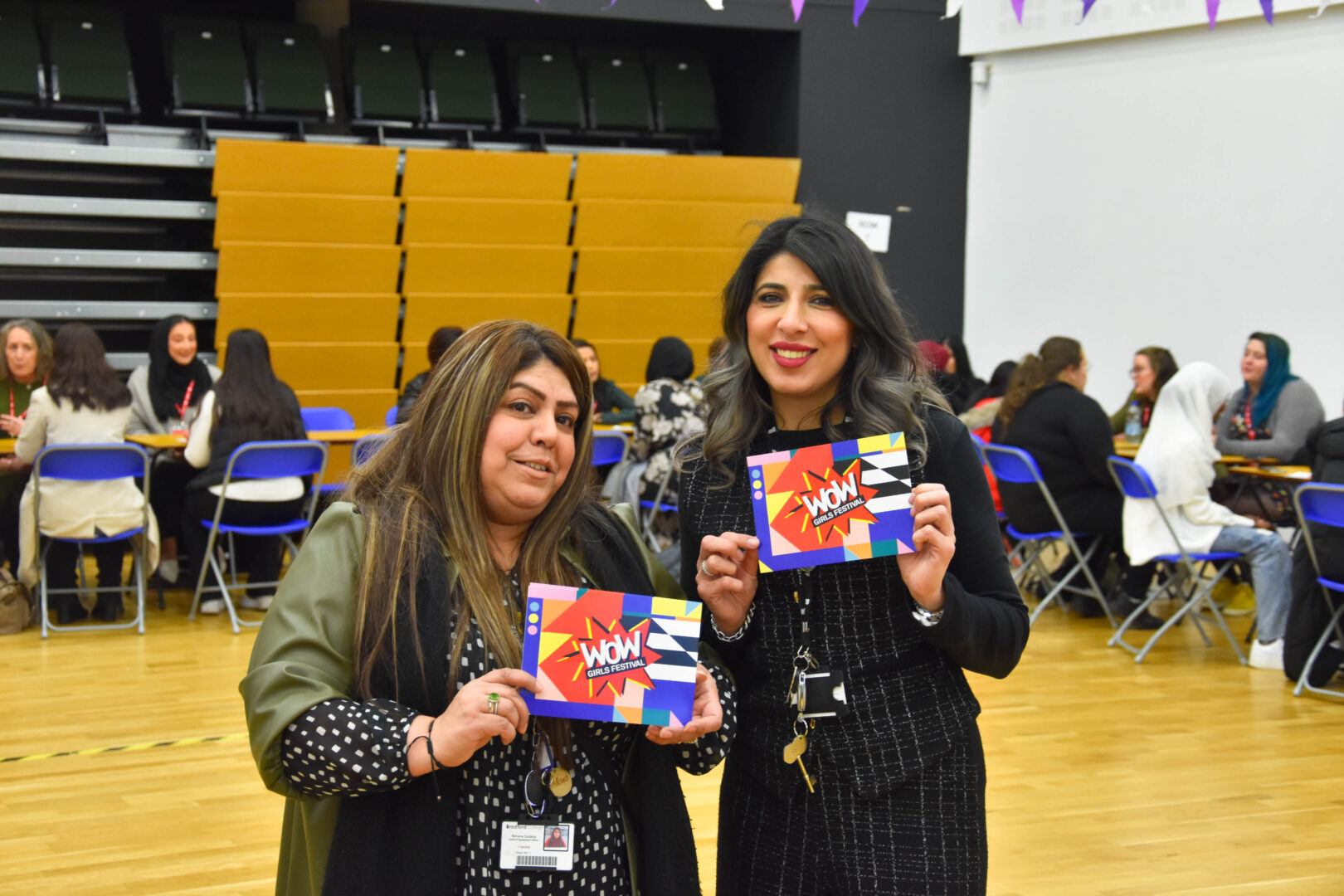
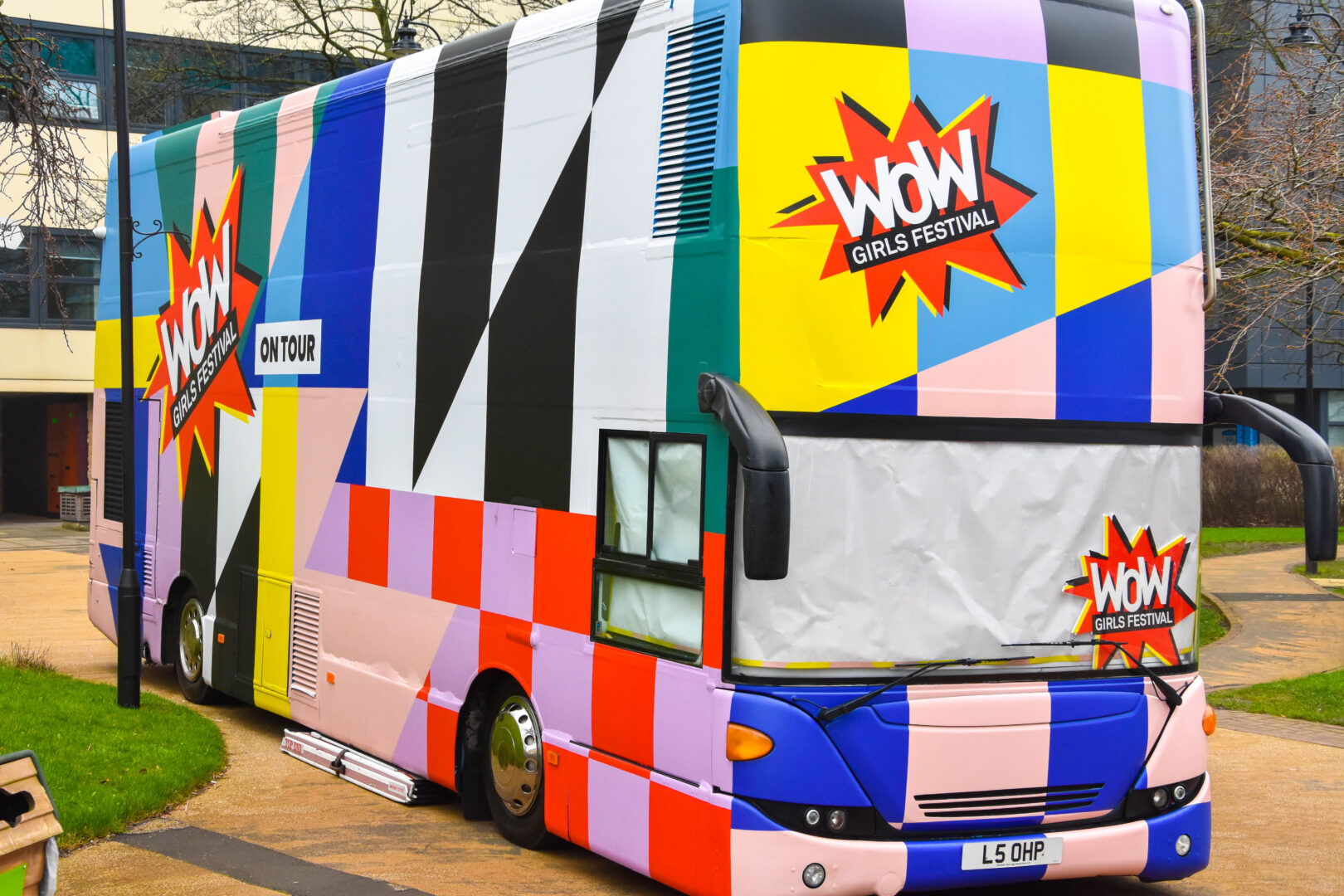
The College is doing a great deal to encourage students to get involved. Alina spoke about recent partnerships the College has formed in relation to empowering female women like Reclaim the Night, which is a great partnership between our students and the University of Bradford. Students have physically reclaimed their space by walking down into City Park and raising awareness of the Women’s Liberation Movement.
Alina stressed the importance of contribution from all genders being crucial for change and said they hope to do more work with the males in the College and work on behaviour change to transform perceptions and opinions.
The enrichment programme is at the heart of student life at the College. Ruth explained how her team are continuously trying to improve student enrichment. They plan to hand out feedback forms after the workshops to build a clear picture of what is going well and what needs improving. 600 students were asked if they knew who the Personal Development & Student Engagement team were, what enrichment is, what they can offer, and a high majority of them said yes.
Regarding female safety at the college, a survey was recently conducted by the Safety Of Women and Girls consultation. This was aimed towards female students, and was fed back to Tracy Brabin, the Mayor of West Yorkshire, who is working to challenge gender-based discrimination and violence.
Zainab outlined the significance of Course Representatives and the impact they have as students can discuss areas on the course that aren’t working or need improving. This amplifies the students voice throughout the College.